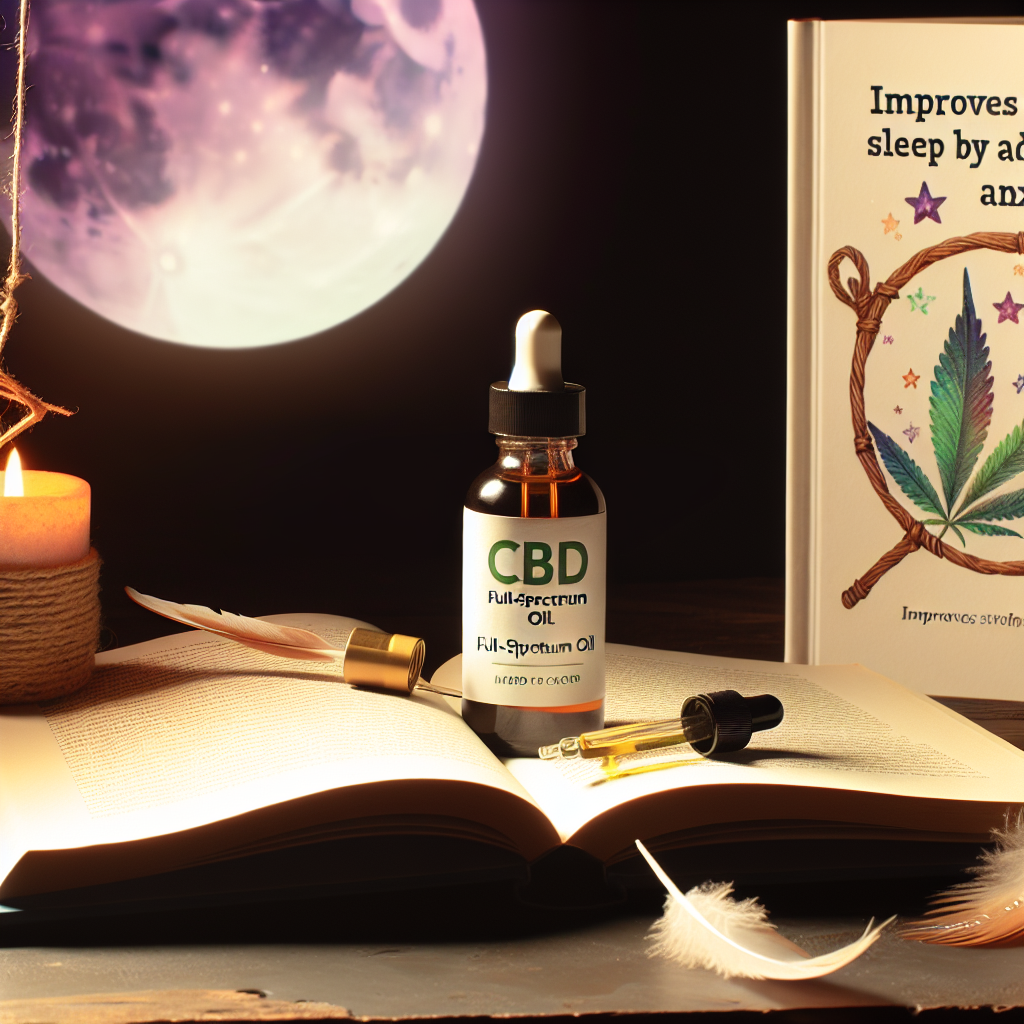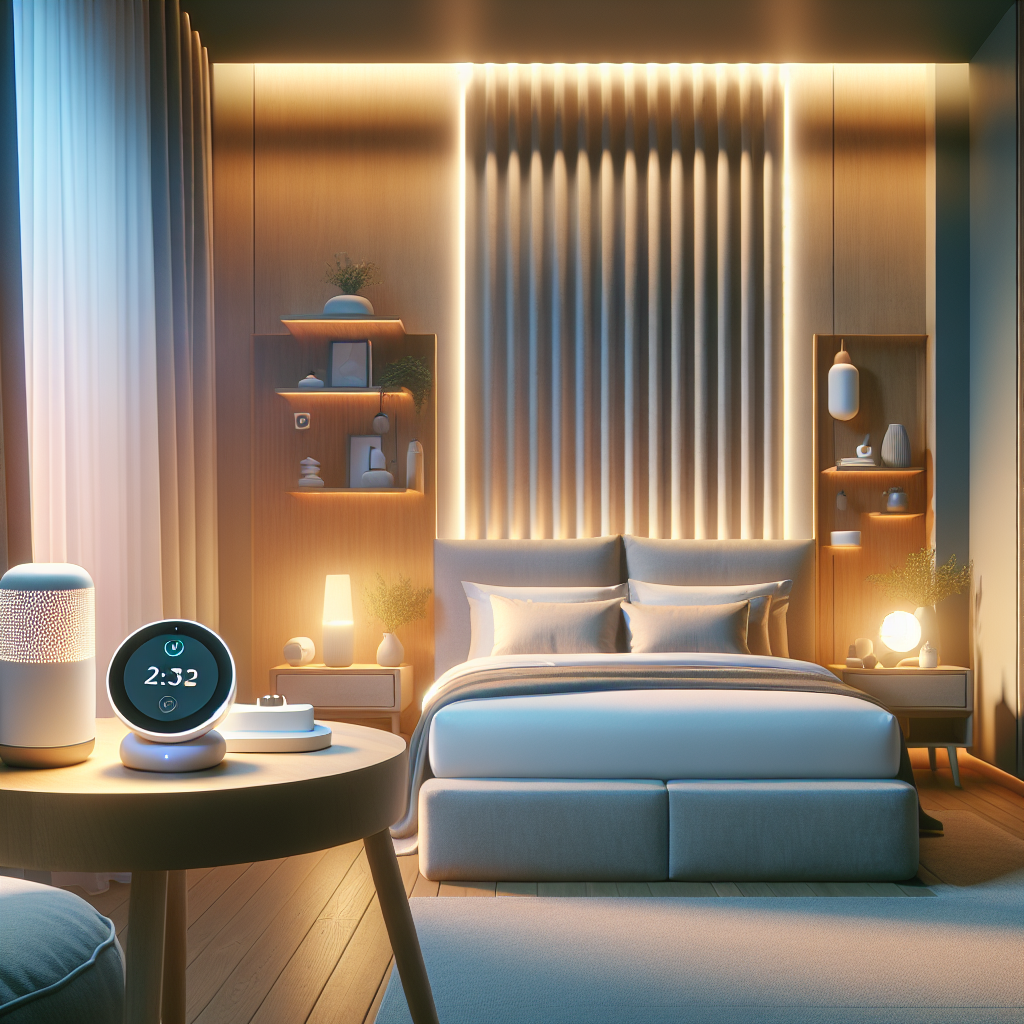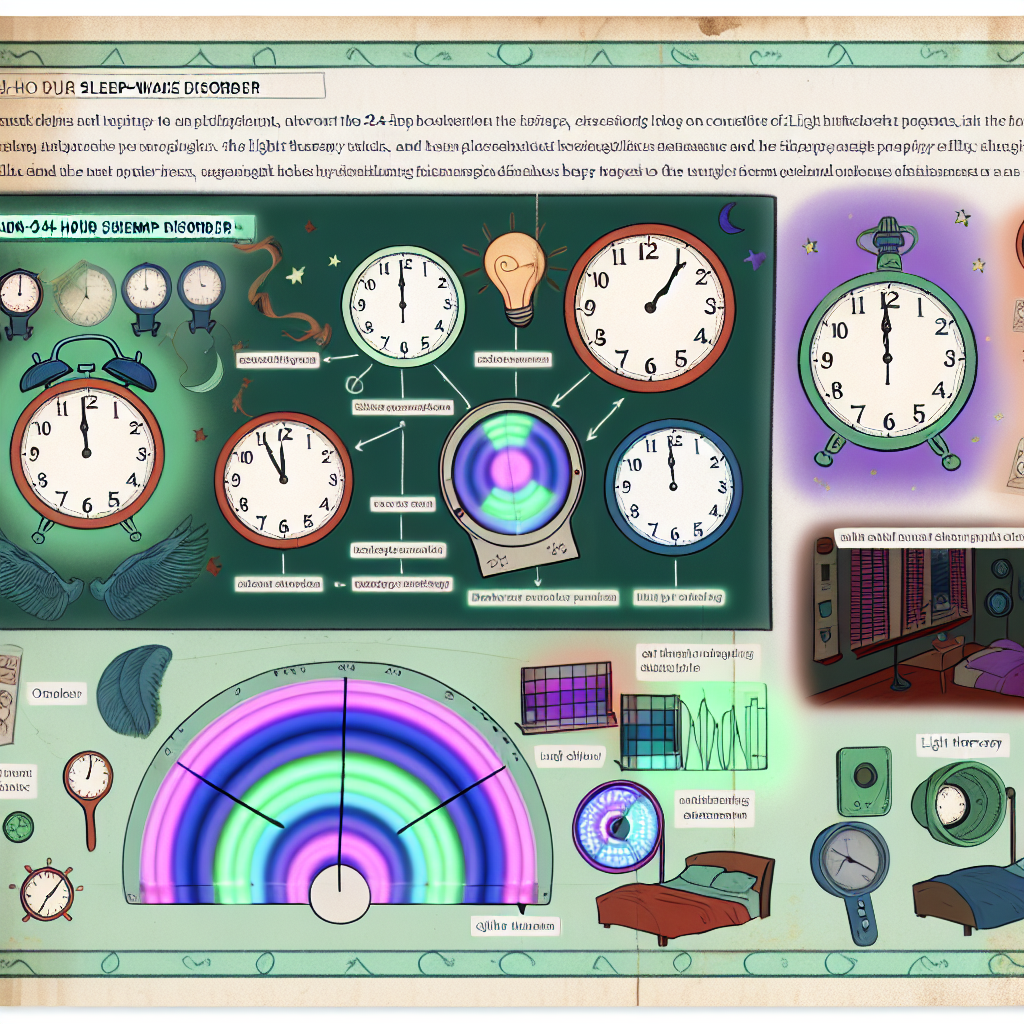CBD for Sleep – Full-Spectrum Formula for Anxiety-Induced Insomnia
Introduction
Sleep is a cornerstone of overall wellness, affecting everything from cognitive function and immunity to mood and physical recovery. Unfortunately, for millions—especially those struggling with anxiety—getting quality sleep is a nightly challenge. Racing thoughts, emotional unrest, and tense bodies can lead to time spent staring at the ceiling rather than resting.
Many who suffer from anxiety-related insomnia seek relief through pharmaceutical sleep aids, but these can often pose significant downsides such as dependency, grogginess, or tolerance buildup. This has escalated interest in natural remedies for insomnia. One such promising alternative is CBD, particularly in its full-spectrum form.
CBD (cannabidiol) is a non-psychoactive compound derived from the hemp plant, known for its anti-inflammatory and anxiolytic (anxiety-reducing) properties. Unlike CBD isolate, full-spectrum CBD contains a variety of cannabinoids, including trace amounts of THC (less than 0.3%), as well as terpenes and flavonoids. These compounds act synergistically in what’s known as the “entourage effect,” which enhances therapeutic efficacy.
Full-spectrum CBD is emerging as an effective aid in managing sleep disorders caused by anxiety. It works on the body’s endogenous stress systems to calm the nervous system, reduce cortisol levels, and promote deeper, more restorative rest. Unlike traditional sleep medications, which often sedate the user, CBD addresses root causes such as mental unease and hormonal imbalance.
By taking a holistic approach to improving sleep quality—focusing on both psychological and physiological triggers—full-spectrum CBD provides a gentler, safer alternative for sustained relief. As evidence continues to mount, public interest in this natural solution grows stronger every year.
Features and Clinical Evidence
Ongoing research continues to highlight the potential of CBD for sleep, especially for those whose insomnia is driven by mental unrest or chronic anxiety. A key study published in The Permanente Journal (2019) investigated the impact of CBD on 72 adults suffering from anxiety and poor sleep. Within one month, 79% experienced reduced anxiety, and 66% reported better sleep quality using daily doses ranging from 25 mg to 75 mg. The formulation was well-tolerated with negligible side effects.
The advantages of full-spectrum CBD over CBD isolate lie in the entourage effect—a phenomenon where cannabinoids such as CBD, CBN (cannabinol), and CBG (cannabigerol) work together to amplify each other’s effects. CBN, in particular, has mild sedative properties that can complement CBD’s anti-anxiety action, making it especially beneficial for promoting restful sleep.
A review in Current Psychiatry Reports (2020) reaffirmed that cannabinoids impact bodily systems crucial to circadian regulation through interactions with the endocannabinoid system (ECS). This system governs essential functions like mood, stress, and sleep, making it a pivotal target for therapeutic intervention.
Terpenes also play a significant role in full-spectrum formulas. Organic compounds like myrcene and linalool possess calming and mood-stabilizing effects, similar to those found in lavender and hops. These compounds act on GABA (gamma-aminobutyric acid) receptors, which are critical for slowing brain activity and facilitating sleep.
A compelling meta-review in Frontiers in Psychiatry (2021) explored evidence from multiple trials on medical cannabinoids and sleep improvement. It found significant gains in sleep onset latency (the time it takes to fall asleep) and overall sleep quality, particularly with long-term, consistent use of full-spectrum CBD.
Further, a smaller Brazilian study published in Neuropsychopharmacology revealed that a 300 mg dose of CBD could reduce cortisol levels—central to the body’s fight-or-flight response. Elevated nighttime cortisol disrupts circadian rhythms, contributing to alertness when the body should be preparing for rest. Lower levels indicate better readiness for sleep.
In summary, the use of full-spectrum CBD for anxiety-induced insomnia isn’t just a quick fix. It targets the very root of sleep disruption—mental overactivity, hormonal imbalance, and nervous system dysregulation—by enhancing the body’s natural homeostasis through plant-based synergy.
Conclusion
Insomnia resulting from anxiety is more than a minor nuisance—it’s a serious health issue that can distort cognitive performance, emotional wellbeing, immune response, and physical health. Full-spectrum CBD provides a natural, low-risk solution that doesn’t merely mask symptoms but instead addresses the core causes of disrupted sleep.
Leveraging the entourage effect, full-spectrum formulas incorporate synergistic cannabinoids, calming terpenes, and therapeutic flavonoids to soothe the nervous system, balance stress hormones, and promote faster, sounder sleep. Its minimal side effects and growing validation through clinical studies make it a promising alternative for individuals wary of pharmaceutical sleep aids.
Ultimately, integrating full-spectrum CBD into your nighttime routine may serve as a gateway to improved sleep without the baggage of dependency or grogginess. However, individuals should always consult a healthcare provider when introducing new supplements, especially if using prescription treatments or managing underlying conditions. Consistent usage, close monitoring of personal effects, and proper dosing are key to discovering if CBD is the sleep-enhancing natural remedy you’ve been seeking.
Concise Summary
Full-spectrum CBD is gaining traction as a natural aid for those suffering from anxiety-induced insomnia. Combining cannabinoids like CBD and CBN with sleep-enhancing terpenes, these formulas offer a holistic approach by addressing the root causes of sleep disturbance—mental unrest and hormonal imbalance. Backed by growing scientific evidence and well-tolerated at therapeutic doses, full-spectrum CBD may improve sleep onset, duration, and quality without causing dependency or heavy sedation. Ideal for those avoiding pharmaceutical sleep aids, it provides a promising path to restorative rest. Always consult a healthcare provider before beginning use to ensure safety and optimal results.
References
1. Shannon, S., Lewis, N., Lee, H., Hughes, S. “Cannabidiol in Anxiety and Sleep: A Large Case Series.” The Permanente Journal, 2019.
2. Babson, K. A., Sottile, J., Morabito, D. “Cannabis, Cannabinoids, and Sleep: A Review of the Literature.” Current Psychiatry Reports, 2020.
3. Sarris, J., et al. “Medicinal Cannabinoids for Psychiatric Disorders: A Clinical Overview.” Frontiers in Psychiatry, 2021.
4. Zuardi, A.W., et al. “Cannabidiol Reduces the Anxiety Induced by Simulated Public Speaking in Treatment-Naïve Social Phobia Patients.” Neuropsychopharmacology, 1993.

Dominic E. is a passionate filmmaker navigating the exciting intersection of art and science. By day, he delves into the complexities of the human body as a full-time medical writer, meticulously translating intricate medical concepts into accessible and engaging narratives. By night, he explores the boundless realm of cinematic storytelling, crafting narratives that evoke emotion and challenge perspectives.
Film Student and Full-time Medical Writer for ContentVendor.com




